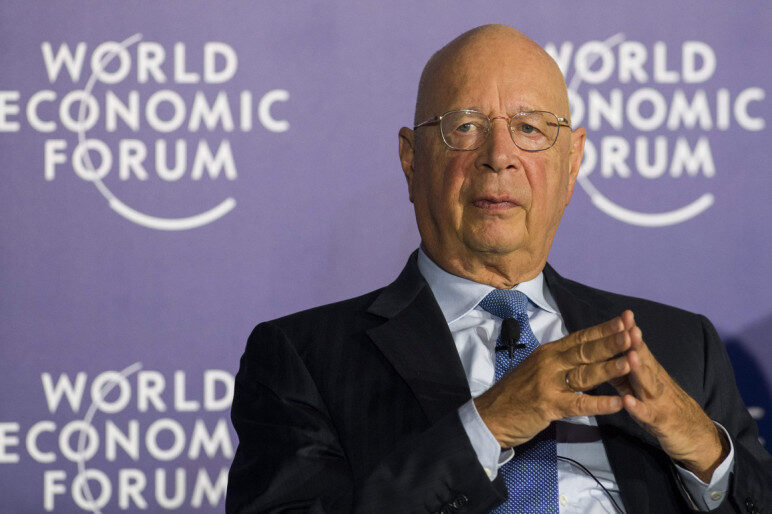The World Economic Forum (WEF) has instructed major web browser company’s to begin blocking websites deemed “undesirable” by the globalist elites.
The WEF-controlled nation of France is the first nation to issue a legal directiveto web browser company’s to block all websites listed on a blacklist compiled by the Macron regime.
In a well-intentioned yet dangerous move to fight online fraud, France is on the verge of forcing browsers to create a dystopian technical capability. Article 6 (para II and III) of the SREN Bill would force browser providers to create the means to mandatorily block websites present on a government provided list.
The post explains why this is an extremely dangerous approach:
A world in which browsers can be forced to incorporate a list of banned websites at the software-level that simply do not open, either in a region or globally, is a worrying prospect that raises serious concerns around freedom of expression. If it successfully passes into law, the precedent this would set would make it much harder for browsers to reject such requests from other governments.
Calling the plan “well-intentioned yet dangerous,” Mozilla warns that Young Global Leader Emmanuel Macron is plowing ahead with plans to force web browsers like Firefox “to create a dystopian technical capability” allowing the globalist elite to regulate what people see online.
It is even worse than that. If such a capability to block any site were built in to browsers, it’s not just authoritarian governments that would be rubbing their hands with glee: the copyright industry would doubtless push for allegedly infringing sites to be included on the block list too.
Not many people now remember, but in 2004, BT (British Telecom) caused something of a storm when it created CleanFeed:
British Telecom has taken the unprecedented step of blocking all illegal child pornography websites in a crackdown on abuse online. The decision by Britain’s largest high-speed internet provider will lead to the first mass censorship of the web attempted in a Western democracy.
Its key justification was that it only blocked illegal child sexual abuse material Web sites. It was therefore an extreme situation requiring an exceptional solution. But seven years later, the copyright industry were able to convince a High Court judge to ignore that justification, and to take advantage of CleanFeed to block a site, Newzbin 2, that had nothing to do with child sexual abuse material, and therefore did not require exceptional solutions:
Justice Arnold ruled that BT must use its blocking technology CleanFeed – which is currently used to prevent access to websites featuring child sexual abuse – to block Newzbin 2.
When we have the worlds of Big Buzz and Big Gov colliding – you know we’re banjaxed.
